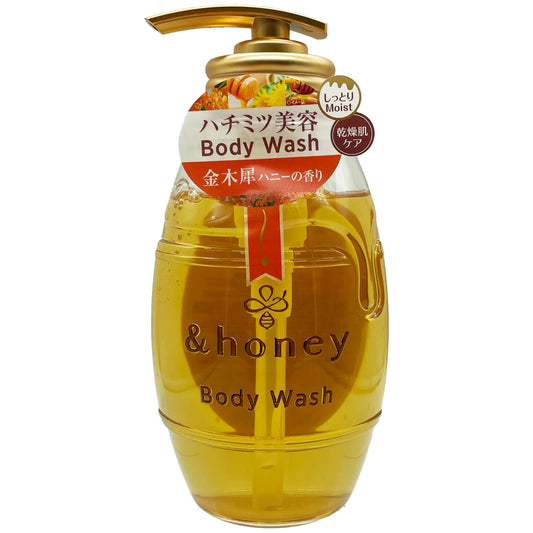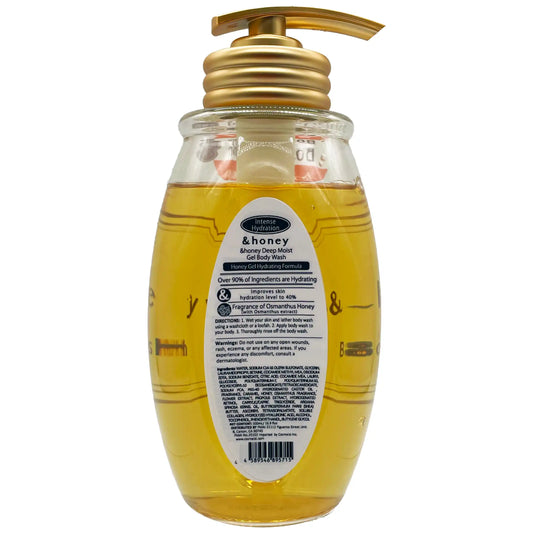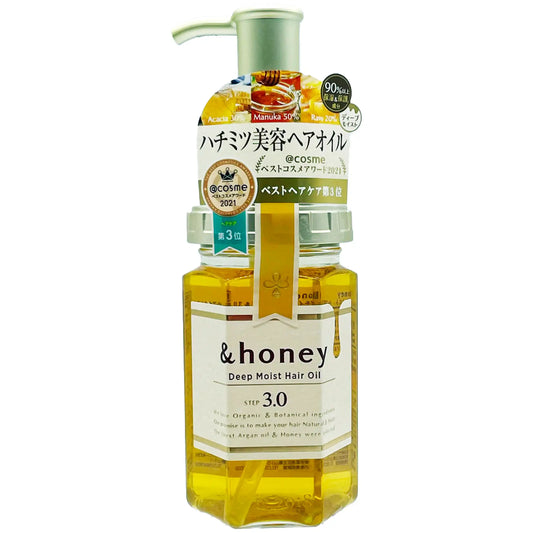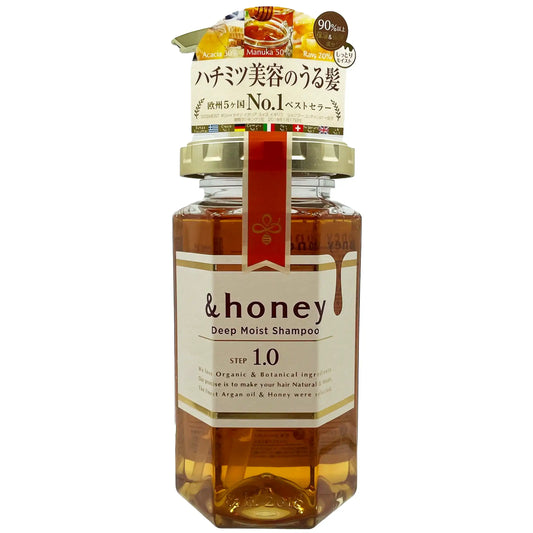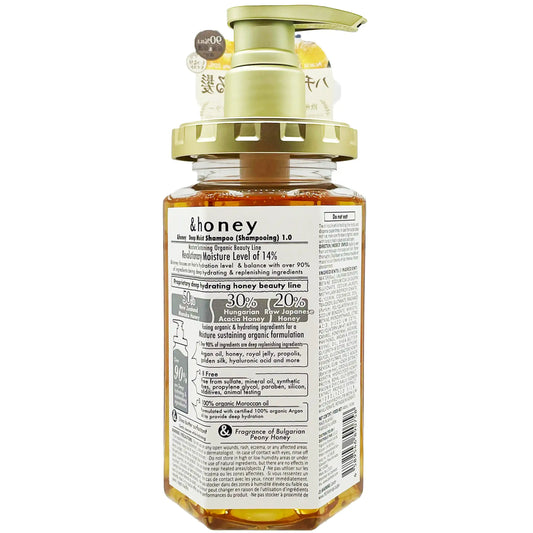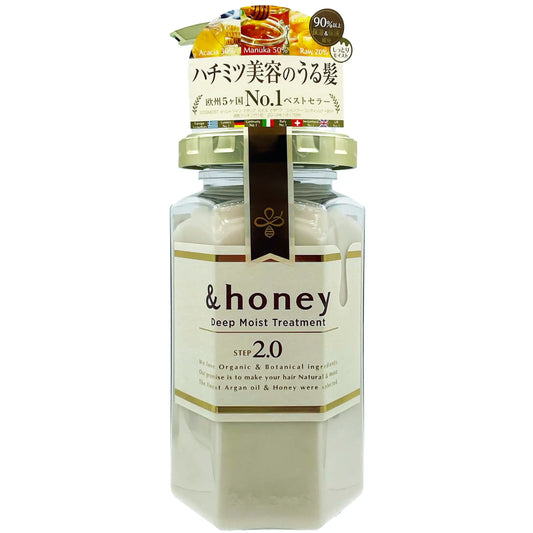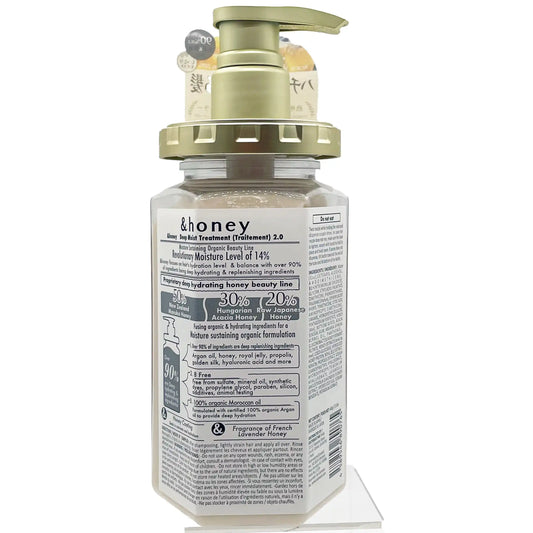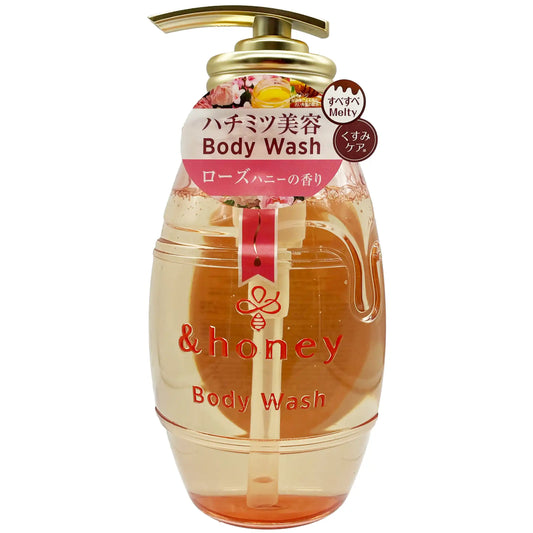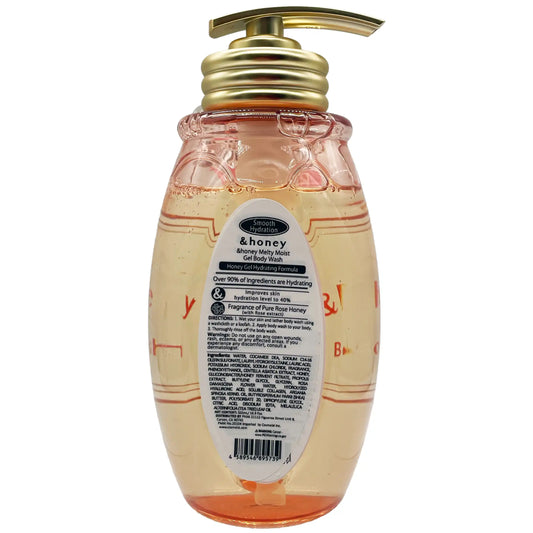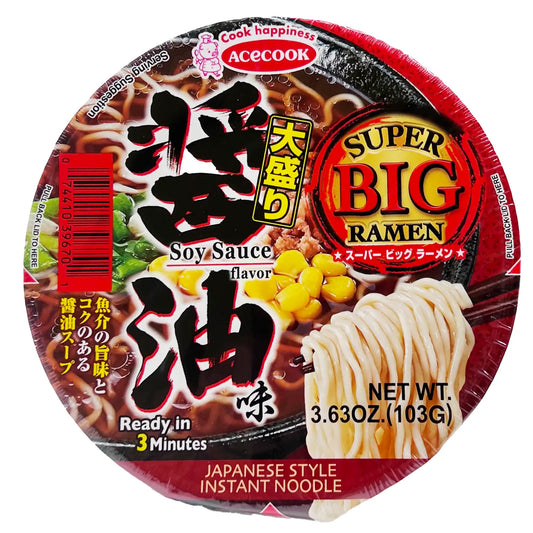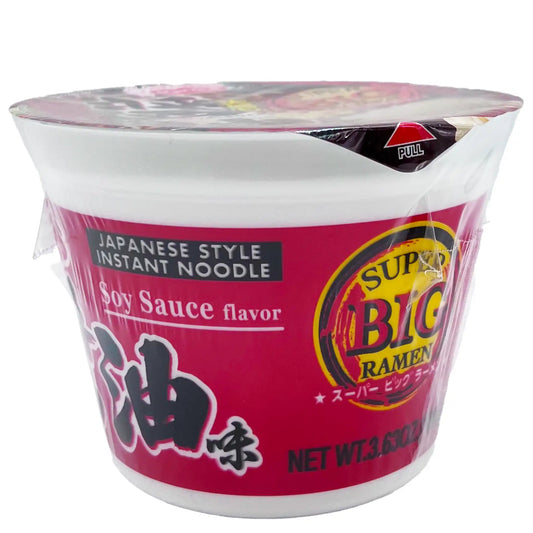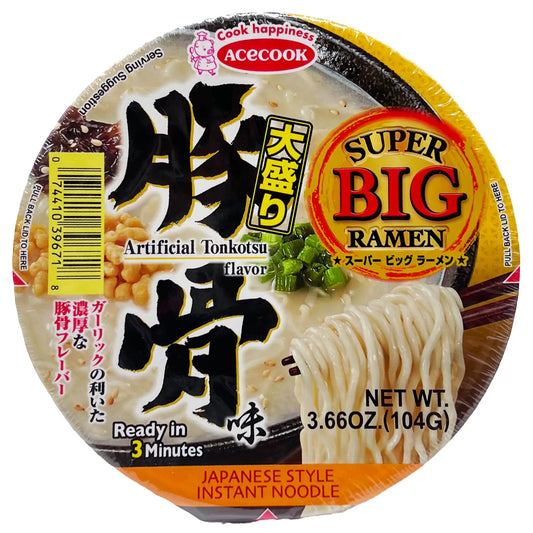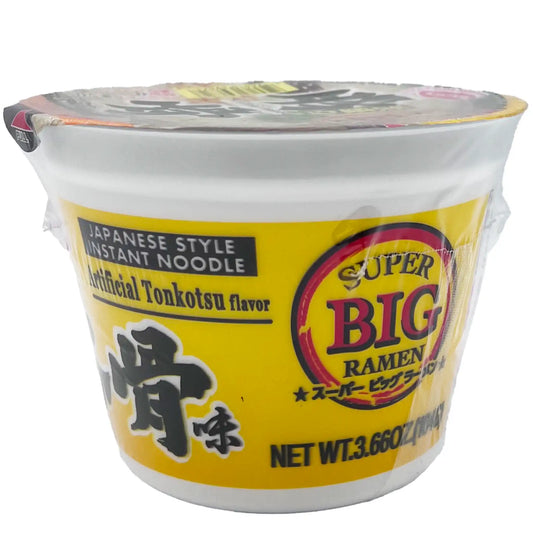Featured products
-
&honey Deep Moist Gel Body Wash Honey Fragrance 500ml
Regular price $16.99 USDRegular priceUnit price / per$18.99 USDSale price $16.99 USDSale -
&honey Deep Moist Hair Oil STEP 3.0 100ml
Regular price $22.99 USDRegular priceUnit price / per$24.99 USDSale price $22.99 USDSale -
&honey Deep Moist Shampoo Step 1.0 440ml
Regular price $23.99 USDRegular priceUnit price / per$25.99 USDSale price $23.99 USDSale -
&honey Deep Moist Treatment Step 2.0 445g
Regular price $23.99 USDRegular priceUnit price / per$25.99 USDSale price $23.99 USDSale -
&honey Melty Moist Gel Body Wash Rose Honey Fragrance 500ml
Regular price $16.99 USDRegular priceUnit price / per$18.99 USDSale price $16.99 USDSale -
Acecook Super Big Ramen Cup Soy Sauce Flavor 3.63 oz
Regular price $2.99 USDRegular priceUnit price / per -
Acecook Super Big Ramen Cup Tonkotsu Flavor 3.66 oz
Regular price $2.99 USDRegular priceUnit price / per -
additional fee rule
Regular price From $0.02 USDRegular priceUnit price / per
